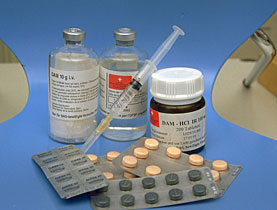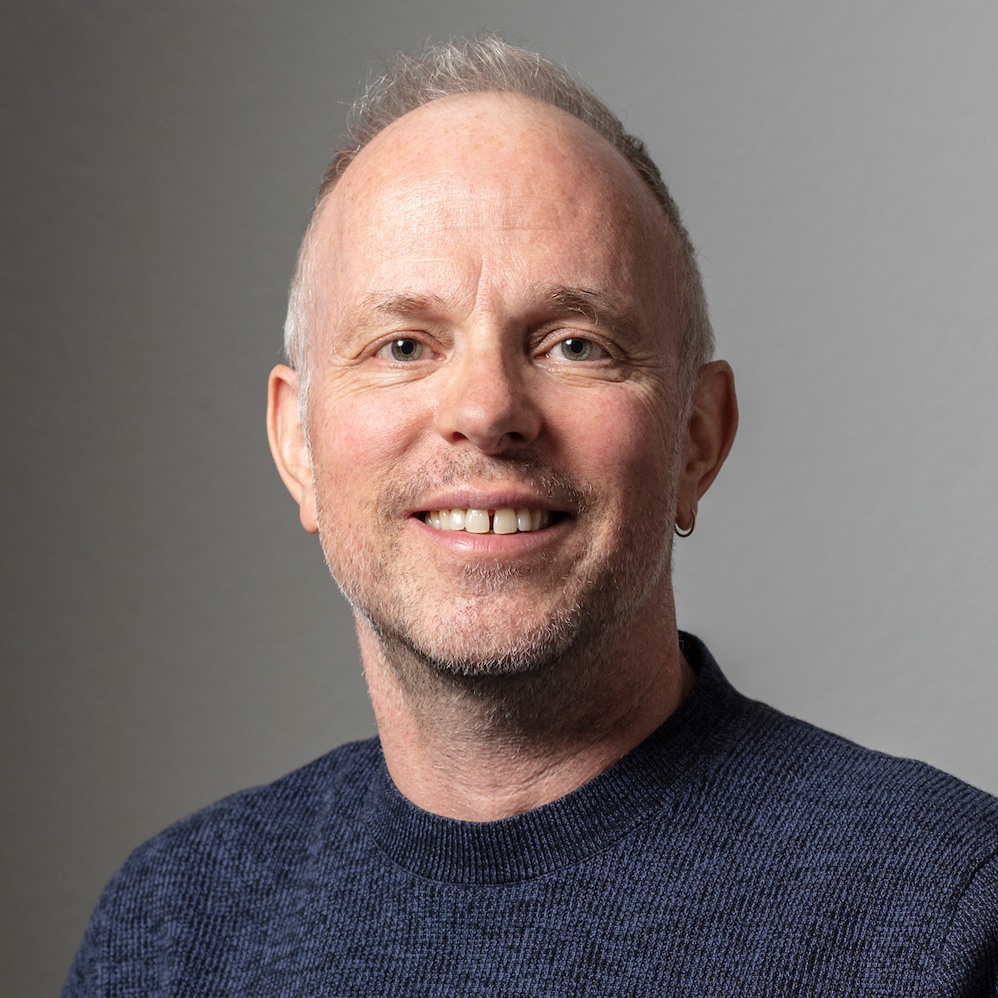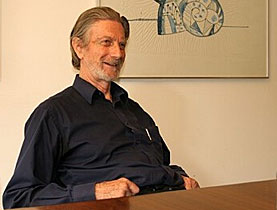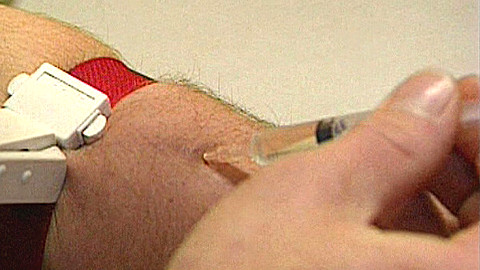Free heroin scheme faces nationwide vote

Switzerland was one of the first countries to dispense heroin to addicts on a trial basis and now the future of this therapy is in the hands of voters.
As the trial period comes to end, psychiatrist Christoph Bürki – who has worked for 14 years in the Bern heroin-dispensing centre (Koda) and is now the senior doctor there – gives swissinfo his perspective on the practice.
The temporary legal provisions that allow this form of therapy are set to become enshrined in a revised drug law, along with the decriminalisation of cannabis use.
Although the new drug policy has cleared parliamentary hurdles, voters must now approve it in a referendum on Sunday. Opponents of the new law have campaigned strongly against these two elements.
swissinfo: Who are the people who come to you?
Christoph Bürki: The patients are a selection of hard-core drug addicts; they are not average drug addicts. According to the existing law and the new law, the minimum criteria for someone to join this scheme is that they have experienced two years of addiction and had at least two failed withdrawal attempts.
In reality our patients are on average 12 years dependent and already have ten therapy attempts behind them when they start.
swissinfo: Is there today no legal basis for dispensing heroin?
C.B.: Starting in 1994 the treatment was offered in the framework of a research project. A special government ruling was needed for that. In the course of this project intensive research was carried out and lots of other countries envied us for this opportunity.
At the end of the 1990s it was observed that this treatment made sense, was effective and reasonably cost efficient. It was also shown that it resulted in a fall in delinquency and made sense from the point of view of public order and health policy.
Then it was necessary to put through a provisional emergency government decision to avoid having to vote on the practice every couple of years.
swissinfo: How does the treatment work?
C.B.: A patient contacts us either themselves by phone for treatment or they are referred from another treatment centre, a doctor or a hospital.
After the initial interviews, a complex permission procedure is required. The canton and the health ministry have to grant permission, which usually takes a few weeks.
During this time we also check that the acceptance criteria have been fulfilled and if another treatment would possibly be more appropriate – such as withdrawal therapy. It is always great when we can motivate the patient.
Then the patient begins with the treatment. He must come here twice a day, including weekends. It is no fun to be in the heroin support programme, having to come by seven days a week and wait in line, and it goes on in phases for years.
swissinfo: Lots of people have difficulty accepting the fact that the state is distributing a dangerous drug.
C.B.: There is a huge amount of data from these research tests that clearly show that heroin support treatment, as we call it today, prevents impoverishment and can unbelievably reduce the mortality rate of these drug addicts.
And many health and social aspects of the lives of these people can be improved. This is a comprehensive treatment, not just a heroin handout.
swissinfo: Critics also find fault with the low rate of people who give up the drug.
C.B.: It was never primarily the requirement of the heroin support therapy to get as many people as possible off the drug in the shortest possible time.
Addiction, specifically heroin addiction that has already lasted on average 12 years, is a chronic and drawn-out story, that in the best case will one day finish in abstinence. But those are exceptions.
swissinfo: One argument for the supporters of this activity is that there is a decrease in crime to pay for the habit.
C.B.: That finding was very well shown by Martin Killias, an independent criminologist. He asked the police and the people as well as consulted criminal records.
He confirmed a massive and impressive reduction in crime in all areas – robbery, serious drug crime, prison stays, court cases. The rate was down about 80 per cent.
It is also very important for the economy. Drug-related crime costs a lot. Killias himself said that prescribing heroin had been proven to be the most effective of the known methods to reduce crime.
swissinfo: What would it mean if the law were rejected?
C.B.: It would have very serious consequences on two levels. One is on the individual patient level. We have 210 patients here who have for the most part stabilised themselves well and impressively under the support programme.
They have not solved every problem in their lives but they have mostly applied themselves with amazing effort. And that would be endangered.
The other is on the level of law and order. Ten or 15 years ago we had an absolutely desperate situation with a huge, totally out of control drug scene in many cities.
My great fear is to see that return, along with a huge rate of overdoses and drug related deaths. And that would be absolutely devastating for our society.
swissinfo-interview: Christian Raaflaub
At the end of July 2008 there were 1,300 heroin patients registered in Switzerland across 21 walk-in clinics and two prisons.
About 16,000 people received methadone treatments in Switzerland. The replacement drug can be obtained in just about every canton or by a doctor.
The heroin-dispensing centre in Bern today offers a heroin-supported treatment programme. It first began in 1994 as a pilot operation. Since about 2000 it has looked after a steady number of patients, about 210.
The patients receive heroin at a counter and inject it under supervision in the same room. They receive methadone if they cannot get to the centre for work or holiday-related reasons.
The centre employs 35 people, from doctors to social workers, caregivers and office personnel.
In addition to the supervised dispensing of drugs, the centre also offers medical and psychiatric support to addicts as well as counselling in day-to-day matters like keeping track of money, paying bills and completing daily tasks.
Each patient is assigned a doctor.
Foreign countries have watched closely the Swiss trials with dispensing heroin and several have started their own programmes.
Chirstoph Bürki, senior doctor at Bern’s heroin-dispensing centre, says heroin-supported therapy isn’t for every country. To do it requires having a good drug-security system in place and no corrupt employees.
Bürki also maintains that western countries would be envious of the Swiss system because it has shown that it can get through to a particularly difficult group of drug addicts.

In compliance with the JTI standards
More: SWI swissinfo.ch certified by the Journalism Trust Initiative





You can find an overview of ongoing debates with our journalists here. Please join us!
If you want to start a conversation about a topic raised in this article or want to report factual errors, email us at english@swissinfo.ch.